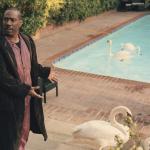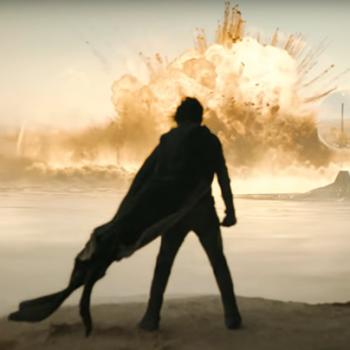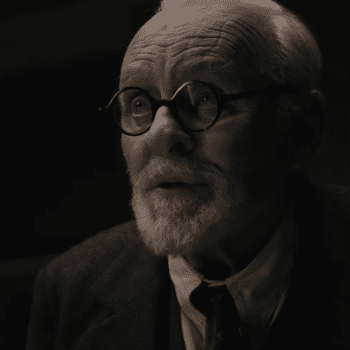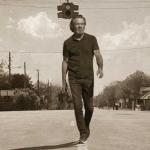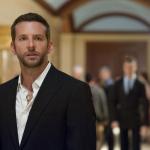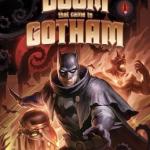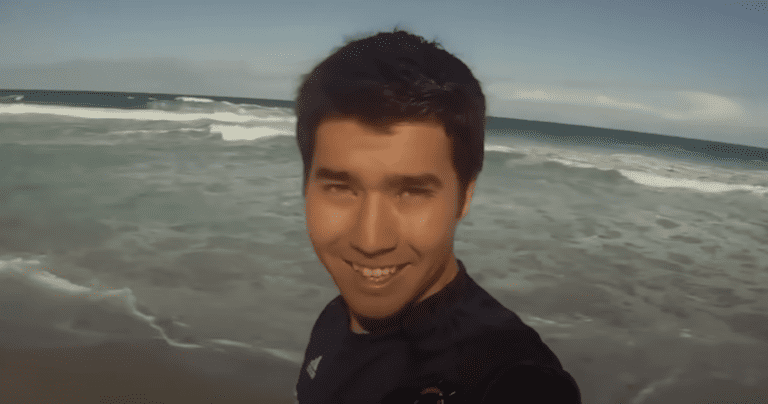
We hear a lot about our “calling” in evangelical circles. We look in the Bible and see that it’s filled with pretty normal people who did some amazing things through God. And we assume that we, too, have parts to play in God’s overarching story. He might ask us to do something we love and feel like we were made for. Or He might ask us to do something unexpected or uncomfortable or even dangerous. But we trust that God has a plan for us—and that He knows what it should be better than we do.
But even for those of us who believe in God’s calling, figuring out what that calling is can be pretty difficult. It’s not like God sends us a written memo. So how do we know?
Of all the questions that The Mission posed to me, that might’ve been the biggest.
The Mission, an excellent documentary from National Geographic, focuses on John Chau—a 26-year-old American who felt that he heard God’s call to preach to the North Sentinelese, one of the most remote groups of people on earth. He apparently followed that call to his death: His body was never recovered.
It would’ve been easy to turn The Mission into a pretty one-dimensional piece—a condemnation of conservative Christianity and the arrogance and naivety found therein. And certainly, The Mission doesn’t shirk on unpacking that side of the story.
But filmmakers Jesse Moss and Amanda McBaine, who previously brought us the Emmy-winning Boys State, give every side a say, and as such, the John Chau we meet here feels fully formed and, honestly, like a pretty good guy: bright, idealistic, kind. He eschewed the sort of closet colonialism that missionary work had so long been salted with. And while many could question the morality of his mission—contacting a people who had made it quite clear that they did not want to be contacted—Chau believed, wholeheartedly, in the transformative power of his message.
Christians say that the way to happiness and heaven is through Jesus. Most of us believe it. But Chau was convinced of it. He saw the North Sentinelese and saw a people without God—and thus, a people without real hope.
And then he took that next, ultimately fatal step: He believed not just in the saving power of the gospel, but that John was the one called to bring it to these people. The North Sentinelese wanted to be left alone. But John was determined to open the door to this closed society anyway: To let, as he saw it, the light of God shine in.
The Mission shows us how strong he felt that call. For years, he’d worked to make it happen—preparing himself physically and mentally for the challenges ahead, rounding up financial support, learning as much as he could about the world he was entering. Chau didn’t just buy a plane ticket on a whim: He worked to pursue this dream—plotting backup plans, preparing himself to spend the rest of his life on that island, to even steel himself for death.
And when Chau doubted that call (and his diary tells us that he did, indeed, doubt), something would set his mind at ease. When he flew past the island, Chau wrote that he experienced an “incredible sense of peace and clarity and knowing … I knew I was supposed to go there.” When he made his first contact with the North Sentinelese and one shot an arrow at him—one that lodged in the waterproof Bible he held in front of his chest—he admits later that it would seem to be courting “certain death” to stay. “I’ve never felt this much grief or sorrow before.” And then he had a dream that convinced him to still follow the call.
And so he did. He asked the fishermen he was working with to take him back to North Sentinel Island and this time, to leave him there. Later, the fishermen saw the islanders drag Chau’s body and, ultimately, bury him along the shore.
“My friend did something stupid, and bold,” said Levi Davis, a high school pal of Chau’s. “And I wish that I was that bold. I wish that my faith was that solid, where I believed the gospel was real.”
When I watched The Mission, I suspected that Chau misheard God’s call. Perhaps he had conflated his own desires with those of the Almighty—an issue that I think we Christians can all be vulnerable to. Chau’s father, and some of Chau’s friends, said as much.
But others seemed to believe that Chau’s call was real. And I understand that, too. After all, Christianity’s founder also brought a message of hope into a hostile world and was killed for it.
The Mission—which I’m guessing will be short-listed for Oscar consideration–asks plenty of other questions, too, many of which I continue to think about. And it shows us the power of faith—at once perhaps beautiful and terrifying. It gives a platform for people to talk about John Chau and his mission—and it allows Chau to speak for himself. And in so doing, we’re given a multifaceted portrait of a man of faith, and one who lived, and died, for a calling.


